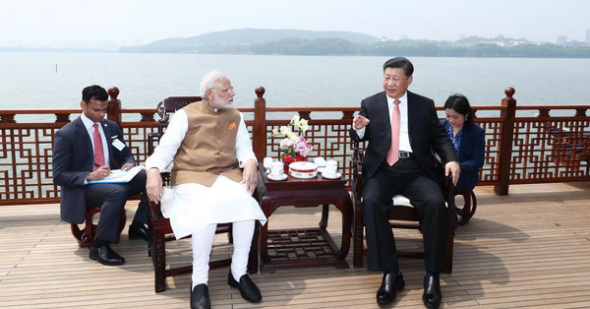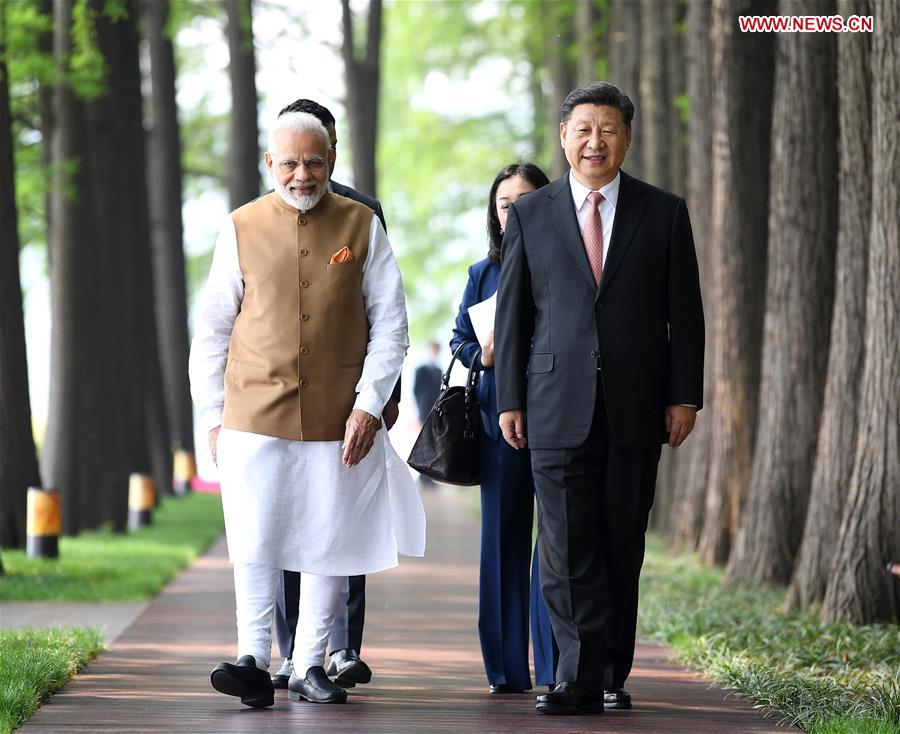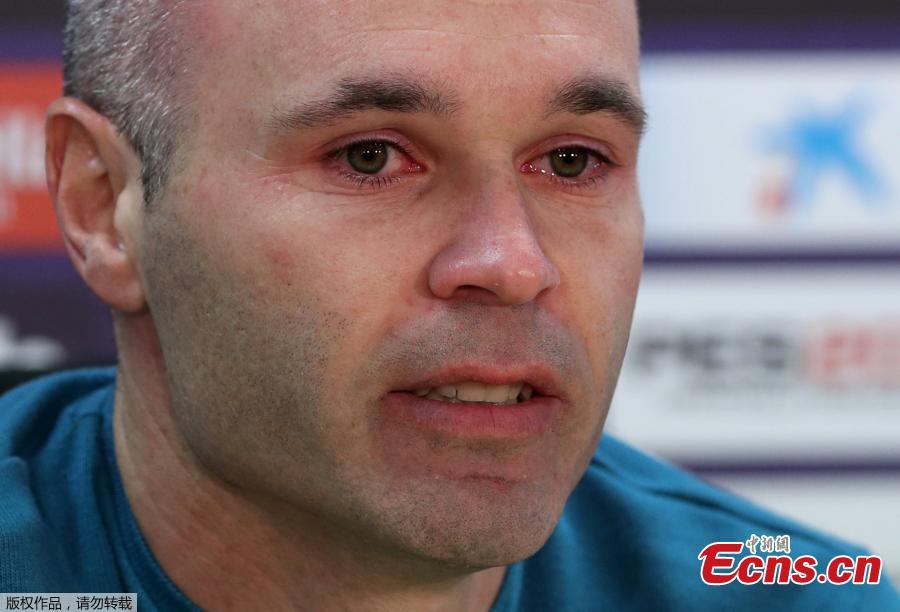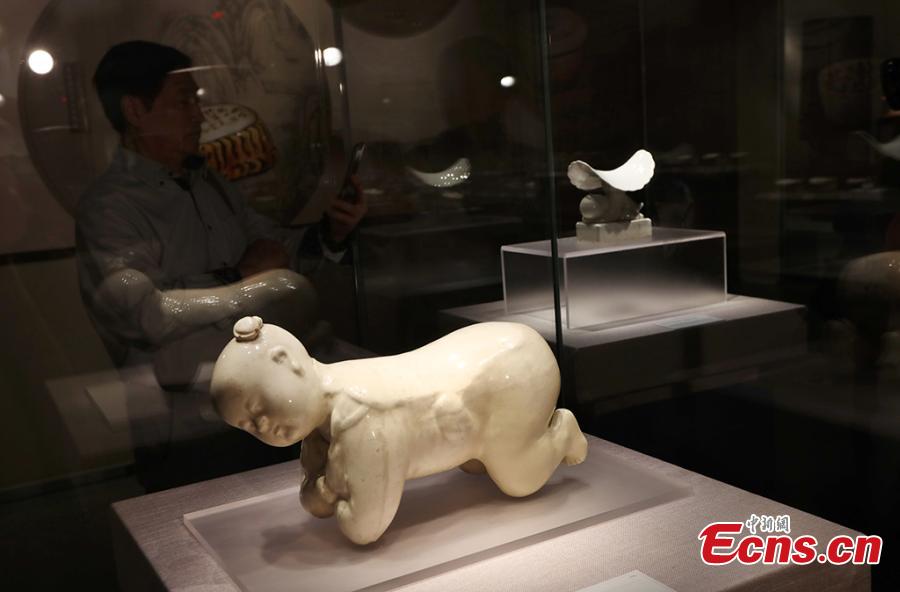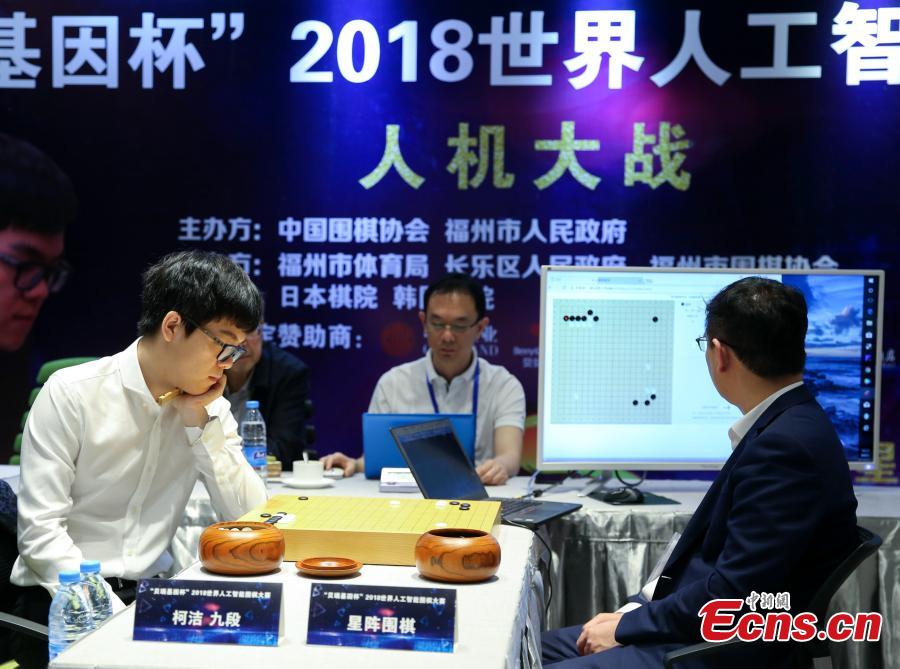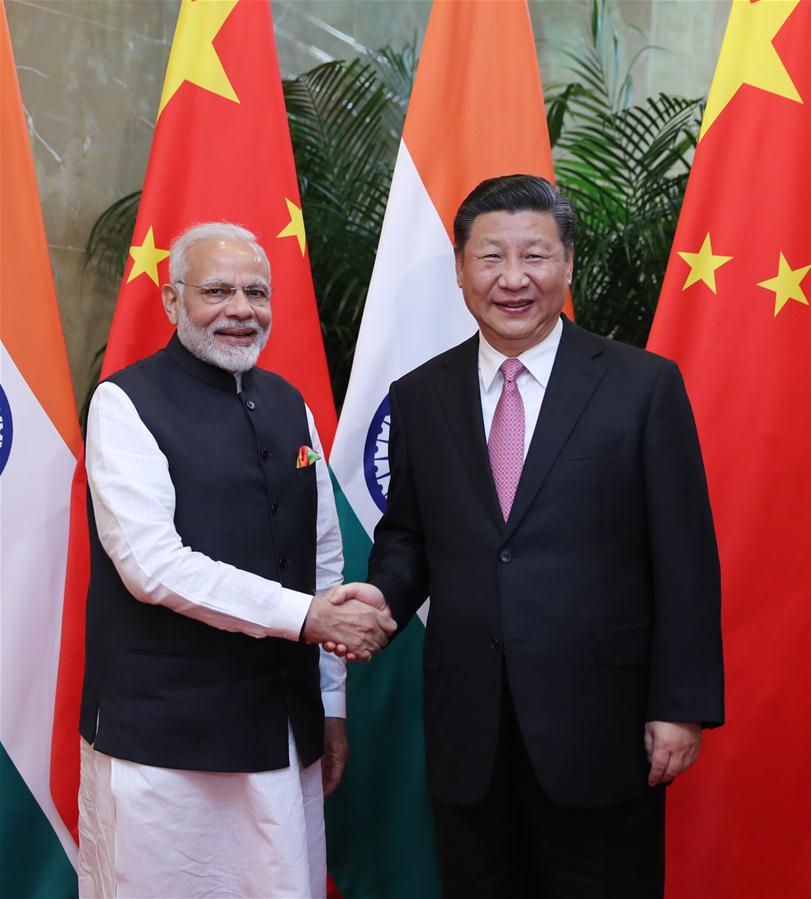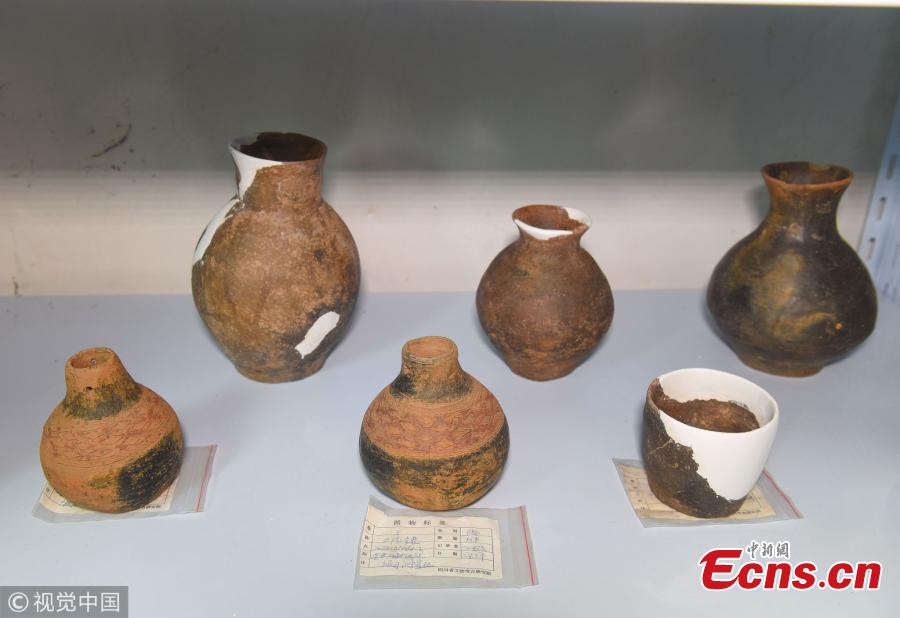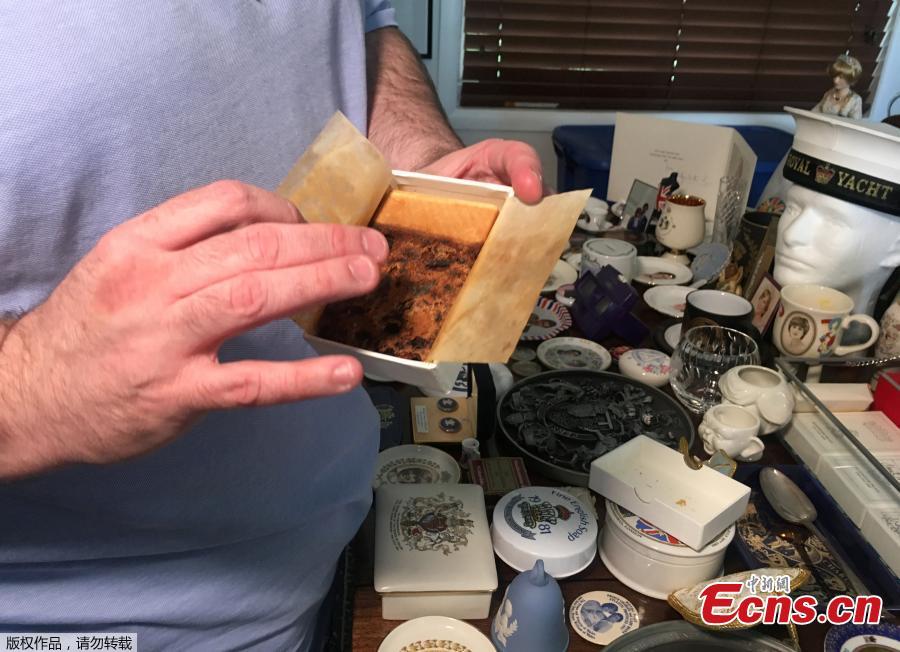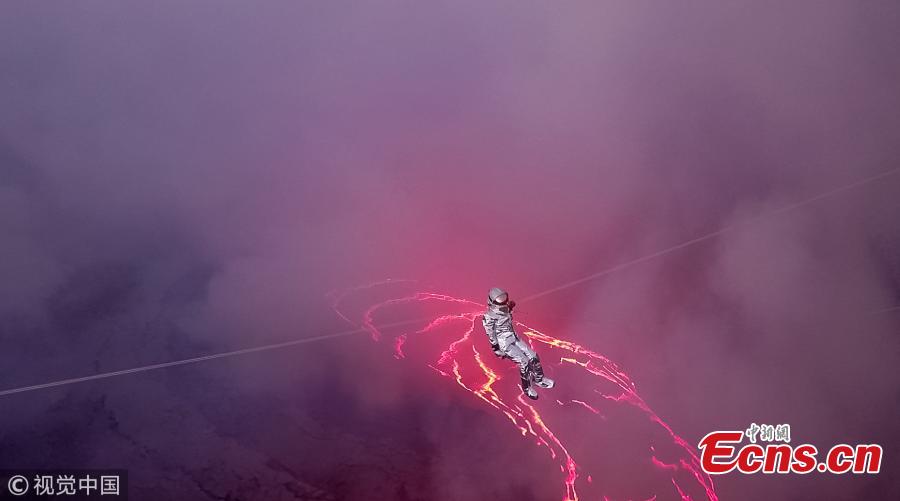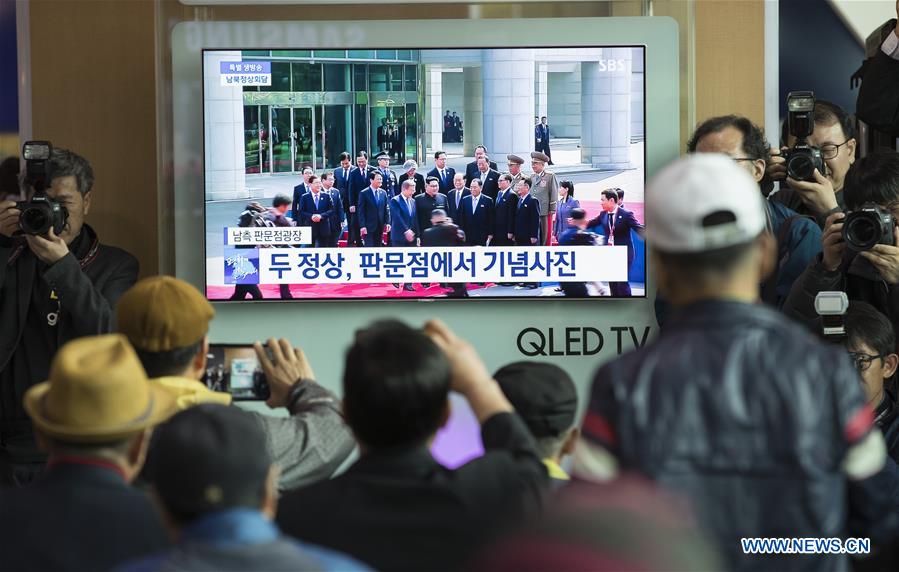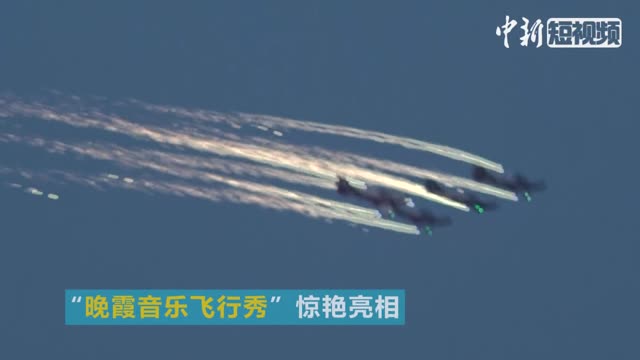Tencent denied again on Sunday that it stores or analyzes chat histories of users of WeChat, China's most popular messaging platform.
"WeChat does not store any chat histories. They are stored only on users' phones, computers or other devices," Tencent said in a statement on its own WeChat account.
Neither does WeChat use chat histories for big data analysis, it added.
"Respecting user privacy has always been one of the most important principles of WeChat," it said. "We have neither the authority nor the motive to look into users' chat histories."
The company's statement came after anti-graft watchdog groups in Hefei, Anhui province, announced in a WeChat post that authorities in neighboring Chaohu had obtained deleted WeChat conversations from a user of the chat platform.
"The Chaohu city discipline inspection and supervision commission retrieved a series of deleted WeChat chat histories from a suspect in March," the post said.
The authorities then began investigating the case based on the chat histories, which helped to extract a confession of wrongdoing from the violator, according to the post.
"Information technology has improved the efficiency and quality of investigative work," it said. "From January to April, the commission punished 63 cadres."
According to Tencent's statement, Chaohu authorities used data recovery software to retrieve chat histories from the violator's phone.
"It is the same technology used to recover important files on computers," the statement said, adding that the technology can also be used for useful tasks such as restoring contacts, short messages and call records on smartphones.
With more than a billion active users worldwide, WeChat has developed into an all-encompassing system for just about everything in China. There is growing concern about how Tencent handles user information.
Early this year, the messaging app came under scrutiny when Geely Auto Chairman Li Shufu accused Tencent of invading user privacy.
Tencent Chairman Pony Ma was "definitely looking at our WeChat messages every day", Li said at a business forum on Jan 1.
Tencent issued a statement at the time, denying the accusations as "pure falsehood".










